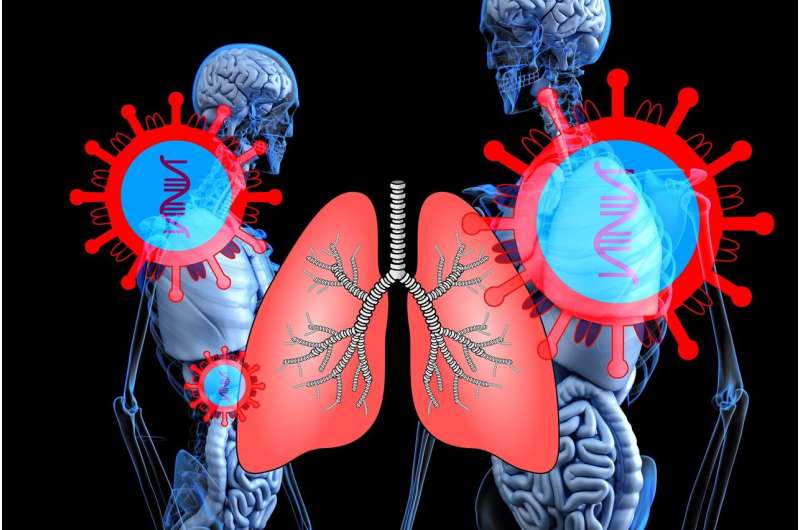New Research Connects Gut Health to Fatigue in Post-COVID Syndrome Patients

Recent research links gut health disturbances to persistent fatigue in post-COVID syndrome patients, highlighting immune and intestinal barrier changes as key factors.
A recent study conducted by researchers at the Medical University of Vienna has shed new light on the relationship between gut health and persistent fatigue experienced by post-COVID syndrome (PCS) patients. Published in the journal Allergy, the study highlights how alterations in intestinal barrier function and specific immune markers may contribute to long-term exhaustion following COVID-19 infection.
Led by Eva Untersmayr-Elsenhuber from the university's Center for Pathophysiology, Infectiology, and Immunology, the research analyzed data collected from a prospective observational study that tracked the progression of SARS-CoV-2 infections, gastrointestinal symptoms, and immune responses both before, during, and after infection. Blood, saliva, and stool samples from PCS patients revealed significant changes, including increased levels of biomarkers such as LBP/sCD14 ratio and IL-6—markers linked to immune activation and systemic inflammation—and decreased IL-33 levels, indicating compromised intestinal integrity.
Findings suggest that individuals with pre-existing gastrointestinal issues are more prone to developing post-viral fatigue. Untersmayr-Elsenhuber explained that COVID-19 might induce long-lasting effects on the immune system and gut barrier function, possibly fueling ongoing symptoms.
The study emphasizes the vital role of the gastrointestinal tract in the development of PCS and underscores the importance of monitoring gut-related symptoms and biomarkers early to identify at-risk patients. Notably, the research involved mostly young and previously healthy individuals who experienced mild or asymptomatic COVID-19, yet reported a higher incidence of gastrointestinal complaints if they later developed fatigue.
Looking ahead, the research team aims to verify these findings through further studies, with the potential to develop personalized prevention and treatment strategies for PCS based on early biomarkers. This approach could significantly improve management of post-viral fatigue and related symptoms.
Source: MedicalXpress
Stay Updated with Mia's Feed
Get the latest health & wellness insights delivered straight to your inbox.
Related Articles
Innovative Immunotherapy Approach Shows Long-Term Benefits in Advanced NSCLC Patients
A groundbreaking viral immunotherapy, CAN-2409, shows significant promise in extending survival for advanced NSCLC patients resistant to standard treatments, highlighting potential for future cancer immunotherapy strategies.
Innovative Rehabilitation Technique Enhances Gait Recovery in Stroke Patients via Spinal and Hip Stimulation
A new neuromodulation approach combining spinal and hip stimulation shows promising results in improving gait in chronic stroke patients, offering hope for enhanced recovery.
Experimental Antibody Shows Promise in Reducing Kidney Fibrosis
A groundbreaking study reveals that an experimental antibody, ABTAA, may protect kidney blood vessels and reduce fibrosis in chronic kidney disease, offering new hope for treatment.
Personalized Insights into ALS Treatment Through Patient-Derived Cell Testing
Innovative use of patient-derived cells allows for personalized testing of ALS drugs, paving the way for targeted therapies and improved patient outcomes.



